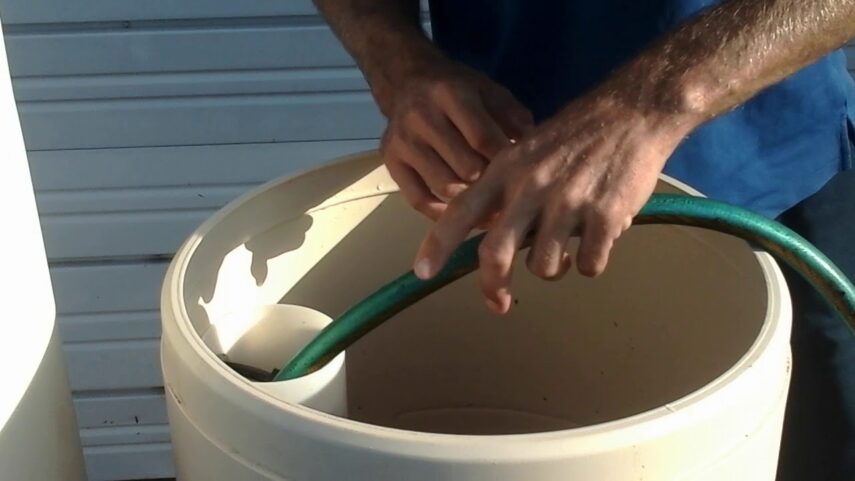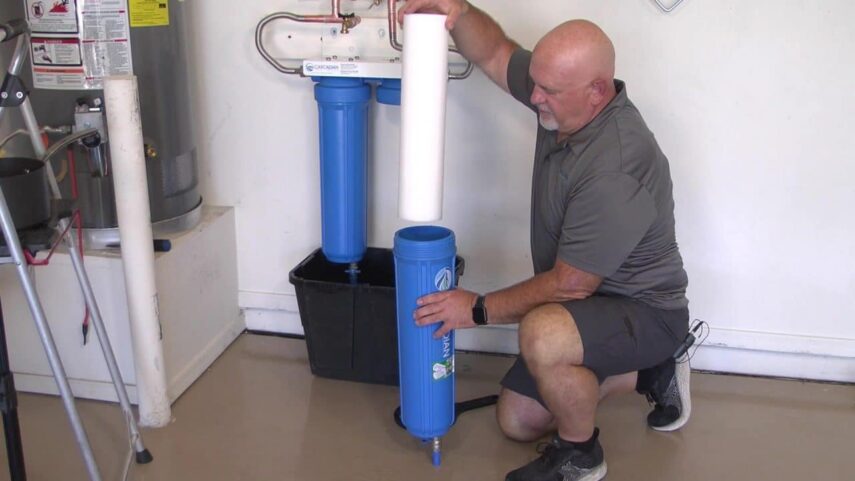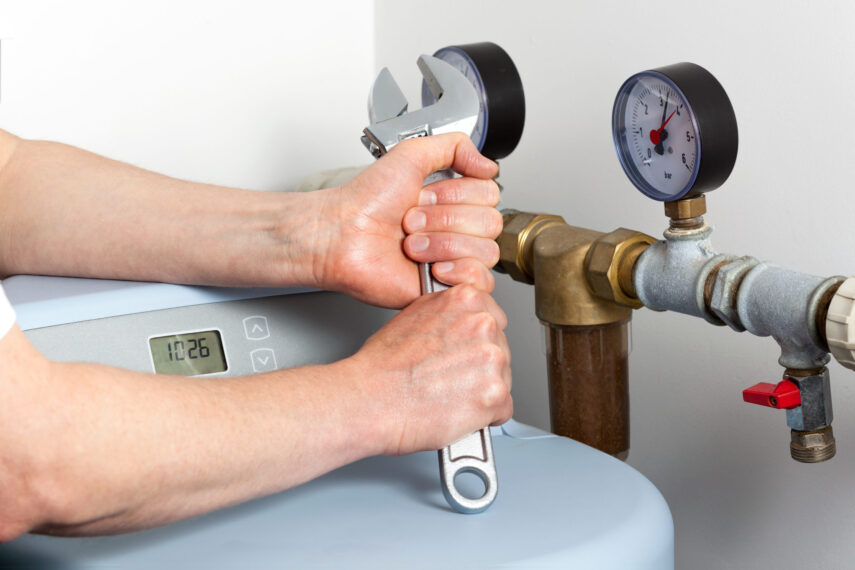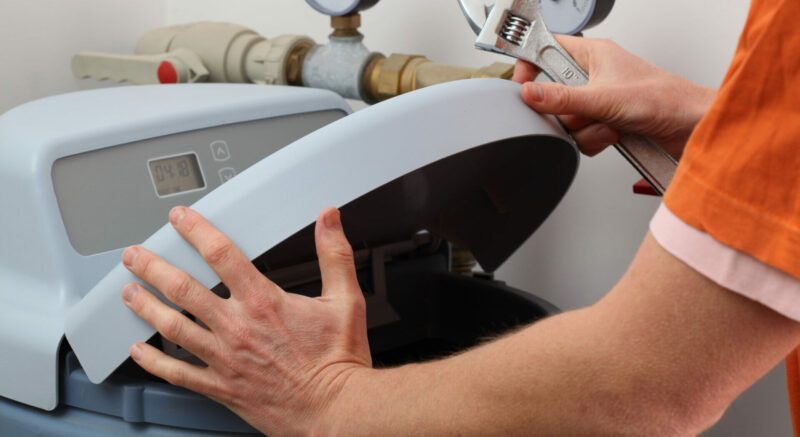Do you have a water softener in your home? If so, you know that regular maintenance is essential if you want to get the most out of it.
After all, properly maintained water softeners not only ensure that the hard minerals in your water are removed, but also can improve the longevity of your appliances and pipes. Fortunately for everyone who wants to keep their homes free from scale build-up and hard water spots, today I’m going to be going over some key tips when it comes to maintaining a water softener.
Whether or not you’re dealing with an aging system or a brand-new one just installed by professionals, these helpful hints will help you learn more about how to best care for your water softener system.
1. Clean the brine tank regularly

Keeping your water softener system clean and efficient is essential for ensuring superior water quality in your home. Regularly cleaning the brine tank is important for keeping out build-ups from salt that can clog up your pipes and reduce the efficiency of the system.
It’s best to clean the brine tank at least once a year or right after you put in a new bag of salt, whichever comes first.
2. Replace the salt in the brine tank as needed to maintain proper levels
Another key thing to keep your water softening system running smoothly is monitoring the salt levels in your brine tank. If you start to notice an increase in scale build-up or a ‘soapy’ feeling when washing dishes or clothes, check your salt level right away and replace it as needed to maintain circulation levels.
3. Replace the resin beads when needed
To get the most out of your softener system, it’s important to remember to replace the resin beads every three to five years or when they become exhausted (whichever comes first). These beads are what soften your water by exchanging calcium and magnesium for sodium ions.
You can buy standalone resin beads or look for kits that contain all of the systems necessary for successful installation and upkeep. Doing this maintenance can help you keep your water softener running optimally, without interruptions—so be sure to take the time to evaluate how much salt is in the brine tank regularly.
4. Clean the filters regularly

The state of your water softener’s filters impacts the performance of the entire system, so we recommend you clean them regularly. This can help prevent clogs and mineral build-up, ensuring it runs as smoothly as possible for a long period of time.
You should also look for signs that an immediate cleaning is necessary – any unusual noises, slow-acting valves, or water pressure irregularities are all indicators that it’s time to break out the scrub brush.
5. Check the settings on your water softener
It’s important to periodically check the settings on your water softener, so it is performing optimally and protecting your family from harmful minerals.
If you don’t already have a regular routine set up to inspect the softener system, now is a great time to start one. Test the hardness of your water monthly with a DIY test kit, which can be found online or at most home improvement stores.
To review the settings on your water softener, make sure your manual is close by so you can reference it before making any adjustments. Small changes in salt levels or timer intervals can sometimes make a big difference depending on your family’s needs and habits.
6. Descale your water softener as needed
Depending on your softener, you’ll need to descale it every 3-12 months (consult your owner’s manual for more detailed instructions). Doing so rids the system of mineral build-up that can prevent it from working properly.
7. Get your water softener serviced by a professional annually

Having your water softener serviced by a professional is one of the most important things you can do to ensure your water supply remains free of hard minerals that can cause build-up and lead to damage over time.
Your local plumbing technician will be able to examine, clean, calibrate and optimize the system, so you don’t have to worry about ill-timed repairs or inconvenient repairs down the line. Schedule an appointment with them annually or whenever you notice any changes in your water’s performance and enjoy soft, clean water that tastes great for many years to come.
Bonus tip: Know when to replace your water softener
Here’s a bonus tip! Know when to replace your system. Even with proper maintenance and care, your water softener system isn’t built to last forever. If you’re continuously experiencing problems with your water softener system, it may be time to replace it.
If you’re not sure whether your system is still up to par, ask a professional for help.
Conclusion – Water softener maintenance tips everyone should know
Taking care of your water softener is essential for keeping it running smoothly and efficiently. Regular maintenance should be routine to prevent problems from occurring; however, even the best-maintained water softeners need periodic repairs.
Professional plumbers are qualified to handle even the toughest repair jobs, so if you ever suspect an issue, don’t hesitate to call one! Keeping a close eye on any changes in the appearance or quality of your water can also help you determine when it may be time for a service call.
By following these tips on maintaining and repairing your water softener, you will ensure that it continues to provide clean and softened water for many years to come.








